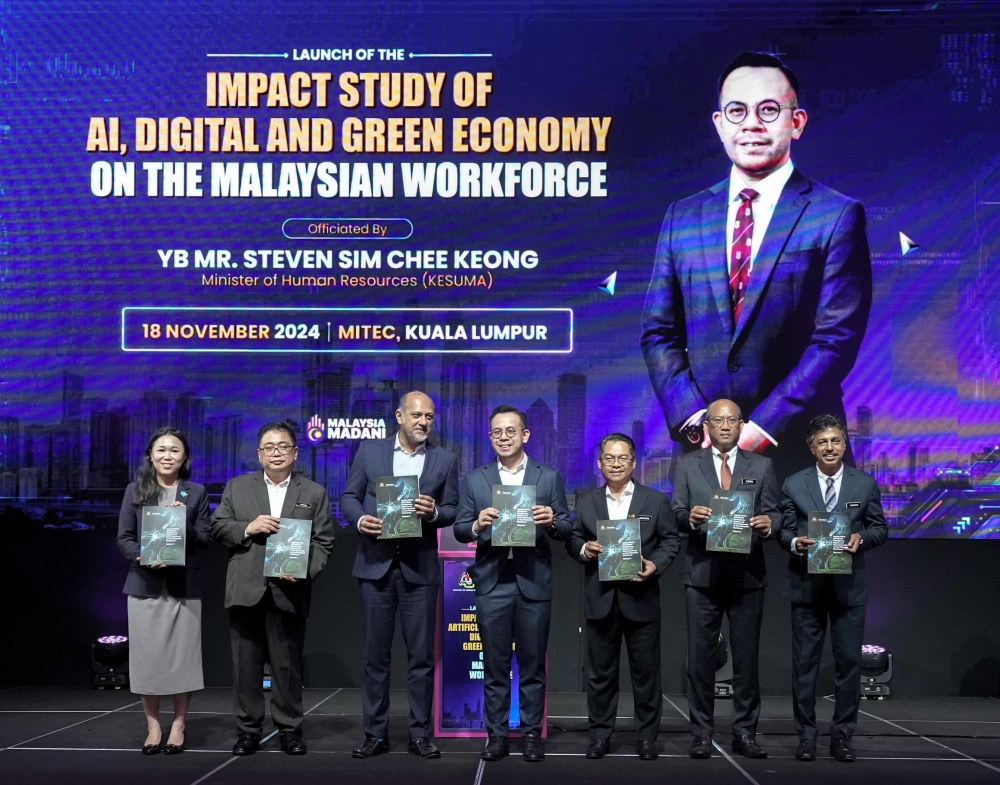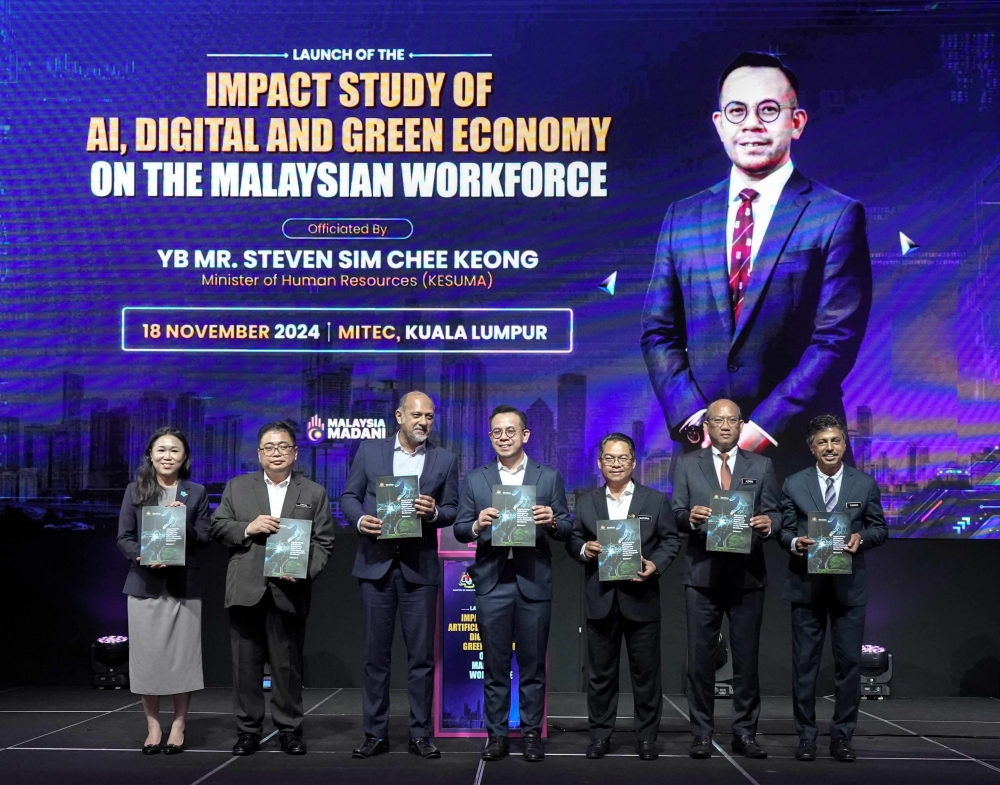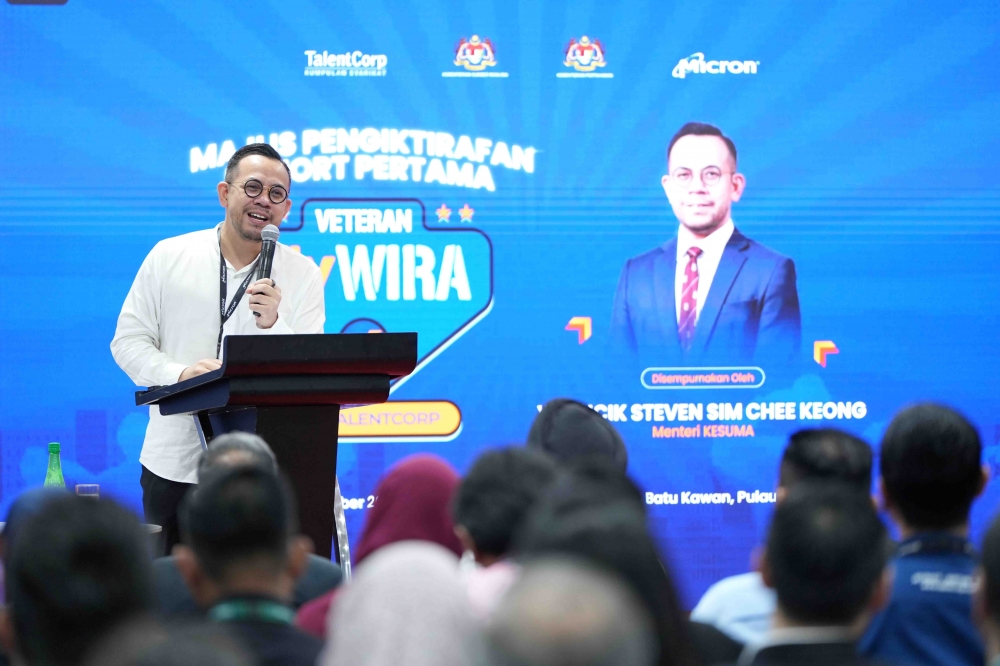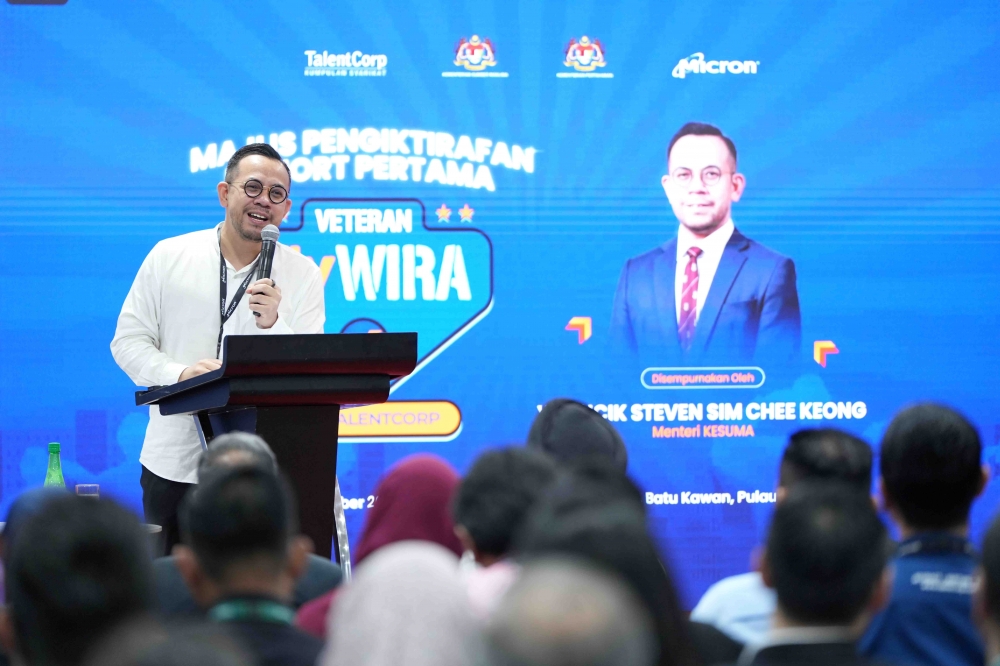Media Statement: “More Companies Should Adopt Flexible Work Arrangements, Says TalentCorp”
18 August 2016
In response to the article “More Companies Should Adopt Flexible Work Arrangements, Says TalentCorp” (BERNAMA, 17 August 2016), Talent Corporation Malaysia Berhad (TalentCorp) would like to highlight several factual inaccuracies contained in the article.
- Firstly, TalentCorp’s Chief Executive Officer (CEO) Shareen Shariza Dato’ Abdul Ghani was incorrectly described as Chief Operating Officer (COO). Shareen assumed leadership of TalentCorp on 1 June 2016, following her three-month stint as the organisation’s COO.
- The article erroneously reported only 10 percent of Malaysian companies practise flexible work arrangements (FWA). As stated in TalentCorp’s statement issued on 16 August 2016, the figure actually refers to a key finding of the 2015 TalentCorp-PwC Survey Report on Diversity in the Workplace, which showed that only 10 percent of the 130 listed companies surveyed planned to enhance or implement FWA within the year.
- Shareen was incorrectly quoted saying the majority of FWA adopters in Malaysia are MNCs (e.g. Digi, IBM), while local companies like Maybank and CIMB “[had] started looking into it.” We wish to clarify the following:
- While there has been an encouraging increase in the number of Malaysian employers who have implemented FWA as a strategy to retain women talent such as CIMB Group, IHS Global (Malaysia), PwC Malaysia, Sunway Group and UEM Group, it is disappointing that many more companies are not making greater efforts to attract and retain talent.
- Maybank formalised its FWA policy1 in 2013, although it had embarked on work-life balance initiatives much earlier within its People and Performance Transformation 5-Year Plan that went full steam in 2009.
- CIMB, meanwhile, has a Staff Rejuvenation Programme (SRP)2 allowing employees to take up to 6 months’ unpaid leave before returning to their jobs and provides a creche and a nursing room equipped with a refrigerator for breastfeeding mothers.
- Shareen was quoted saying TalentCorp’s focus groups included, among others, young talents, top middle management talents, women and seniors. TalentCorp’s efforts are primarily channelled towards enhancing graduate employability and optimising Malaysian professionals (including women), for two simple reasons:
- The immediate source of top talent for Malaysia’s key industries is the pool of local graduates, which means that the quality and quantity of young Malaysian talent entering the workforce are important determinants of the health of local industries and consequently that of the economy.
- In Malaysia, only 54.1 percent of women of working age are in the workforce, which is one of the lowest female labour participation rates (FLPR) compared to other ASEAN countries. In contrast, our women account for 63 percent of public university enrolment in the 2013/14 academic year3.
- While TalentCorp does not currently focus on post-retirement job training or skills development, we wouldn’t discount the possibility of expanding into this space in the future.
We hope the explanation above has clarified matters. For more information on TalentCorp’s programmes and human capital initiatives, please visit www.talentcorp.com.my.
1 Staggered Hours, Flextime, Telecommuting, Part-time, flexWorkLife.my
2 Rewards & Benefits, CIMB
3 Source: Ministry of Higher Education Quick Fact Guide, 2014







